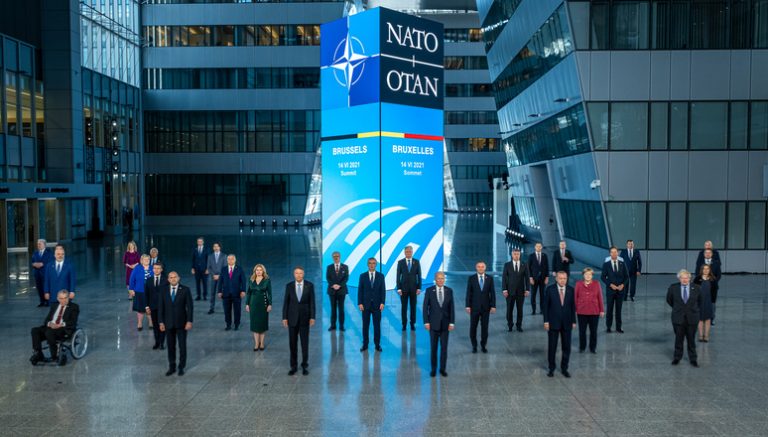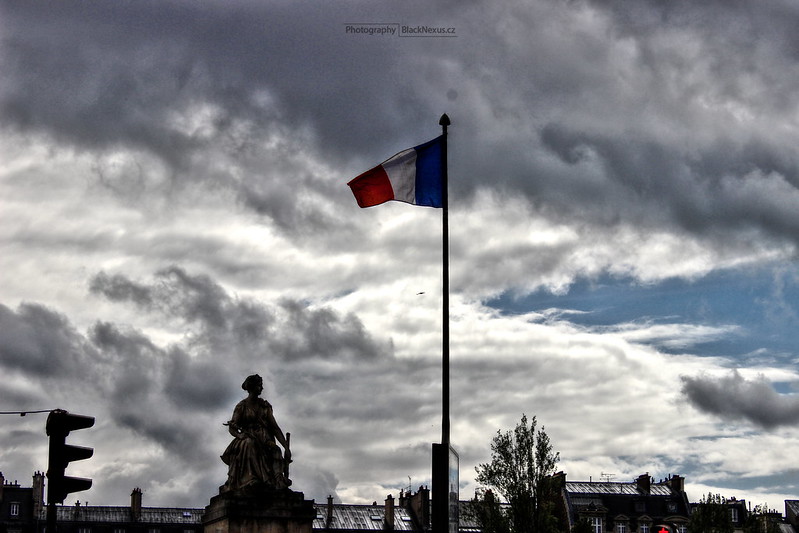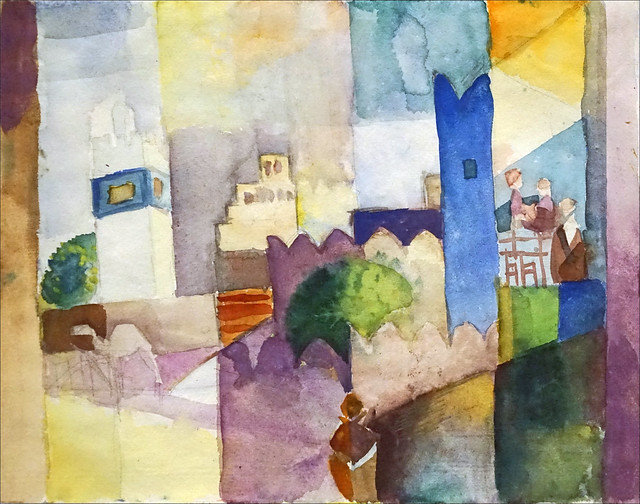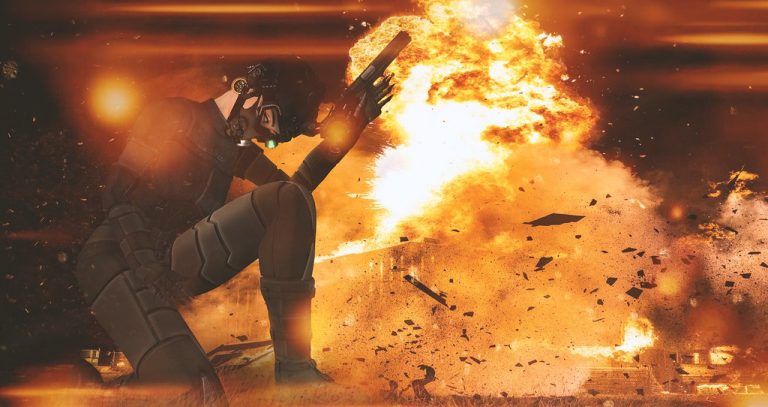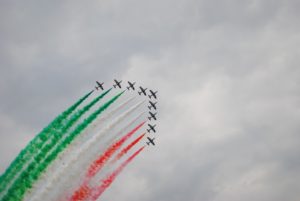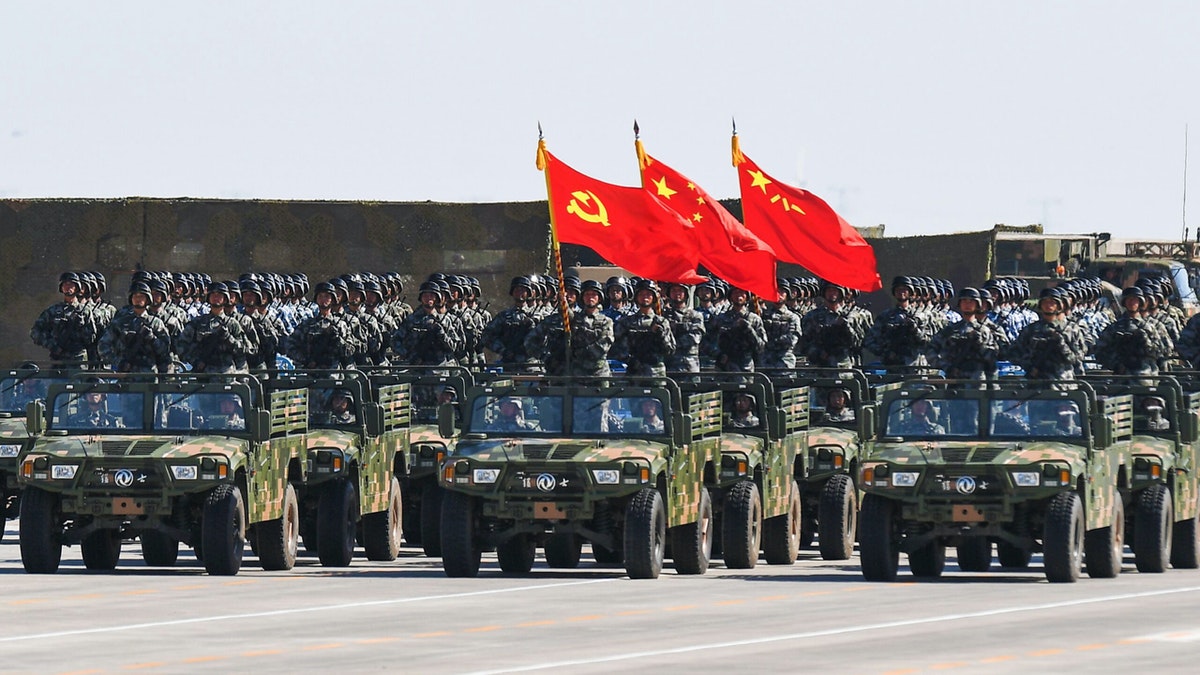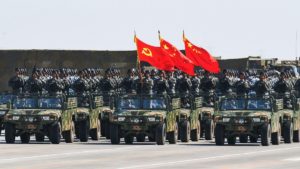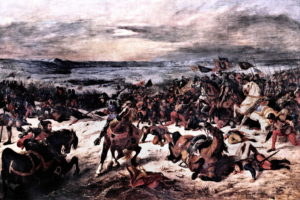Letter from La Vigie, dated 7 July 2021
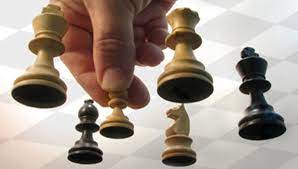
Providing France with a grand strategy
The discontinuity in the global trajectory caused by the pandemic invites France to rethink the strategic framework of its current action; in the absence of sufficient European coherence, it must adopt a long-term national vision and define the axes of a major long-term strategy for which six key factors to be prioritised and combined are proposed to the reader.
To read the article, click here
The games of war and chance
Strategy is too serious a matter not to devote all one’s time to it. Games are an abundant means of doing so. In these times when we are constantly being surprised by our environment, it is time to get serious and finally play.
To read the article, click here
Lorgnette: Iran and negotiations
In Iran, Ebrahim Raissi was elected President of the Republic on 19 June, after a soft campaign that resulted in a record abstention, a sign of voter disaffection and perhaps the sidelining of all reformist candidates. The press labelled him an ultraconservative. The system probably selected him first for his ability to maintain: he is conservative in the first sense. The fact remains that this impoverished and corrupt country is suffering from the sanctions imposed by D. Trump and that during his campaign, Mr. Raissi constantly affirmed his desire to obtain the lifting of the sanctions.
This is the subject of the Vienna negotiations, which are the focus of the new US president’s attention (LV 168). So we should not be surprised by the latest IAEA report which states that Iran has “begun the necessary steps to produce enriched uranium metal“. This comes as no surprise to anyone, but it is a good way to put pressure on the Iranian authorities to negotiate.
Thus, a new Iranian leadership seems to be in a position to discuss with the new American leadership. Let’s hope that Mr. Raissi’s conservatism will give way to a fine pragmatism to compromise.
JOCV
Subscribers: click directly on the links to read online or download the pdf issue (here), always with your login/password. New readers: read the article by issue, by clicking on each article (2.5 €), or subscribe (discovery subscription 17 €, annual subscription 70 €, orga. subscription 300 € HT): here, the different formulas.
Photo credit: Intermines
